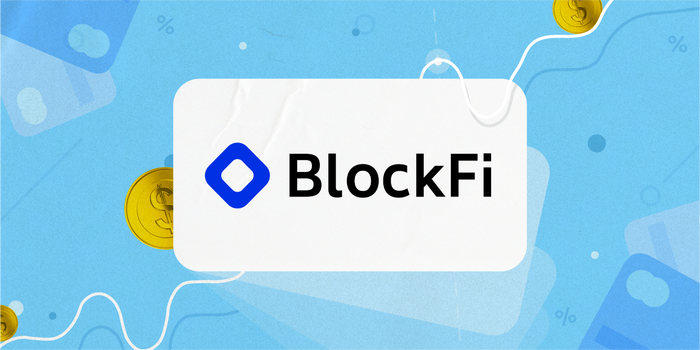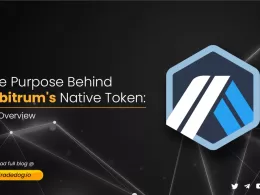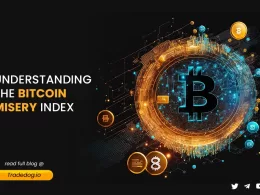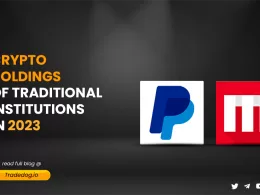Quick Links
Crypto platform BlockFi has filed for bankruptcy, becoming the latest victim of a tough market that has seen numerous firms fall by the wayside. The company joins FTX in falling into financial trouble, as the sector struggles to rebound from a prolonged bear market. While there are still some high-profile successes in the crypto world, it is becoming increasingly clear that not everyone will make it through this difficult period. BlockFi’s collapse provides a sobering reminder of the risks associated with investing in cryptocurrencies.
All you need to know about BlockFi’s Bankruptcy
BlockFi, a cryptocurrency platform that targeted ordinary investors eager for a piece of the crypto mania, filed for bankruptcy on Monday. The company’s financial ties to FTX, the embattled exchange whose recent downfall has shaken the crypto industry to its core, proved to be its undoing. BlockFi had been one of the fastest-growing companies in the crypto space, lending out more than $1 billion in cryptocurrencies to users who put up their digital assets as collateral.
But with FTX’s troubles came a cascade of problems for BlockFi. The news sent shockwaves through the crypto world, and BlockFi was among the hardest hit. The company was forced to liquidate some of its loans at a loss and stopped accepting new customers.
How does BlockFi’s Bankruptcy Effects Other Stakeholders?
BlockFi stated in a legal brief on Monday that it owes money to over 100,000 creditors. With $275 million owed on a loan issued earlier this year, it listed FTX as its second-largest creditor. Ankura Trust is BlockFi’s largest creditor, owing $729 million. It also owes the Securities and Exchange Commission $30 million after having agreed to a record $100 million fine earlier this year. Valar Ventures, a venture capital fund affiliated with Peter Thiel, owns 19% of BlockFi equity shares.
What’s next for BlockFi?
BlockFi is expected to explain why it went bankrupt and how it intends to exit Chapter 11 before U.S. Bankruptcy Judge Michael Kaplan in Trenton, New Jersey. It has asked Kaplan for permission to continue paying employees, maintaining bank accounts, and taking other steps necessary to keep its day-to-day operations running during the bankruptcy proceedings. According to BlockFi’s Chapter 11 plan, BlockFi Wallet customers will be paid in full, and other account holders and creditors will receive a mix of cryptocurrency, cash, and new equity shares. BlockFi’s troubles are a cautionary tale for the crypto industry, which is still largely unregulated and rife with risks. For now, at least, the dream of easy money from digital assets appears to have come to an end.












